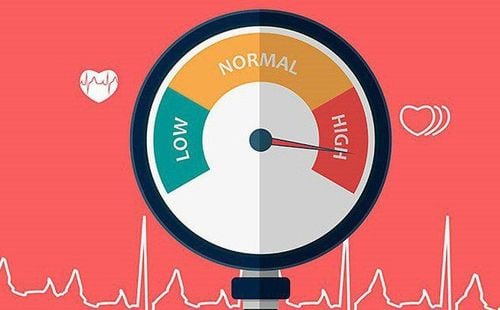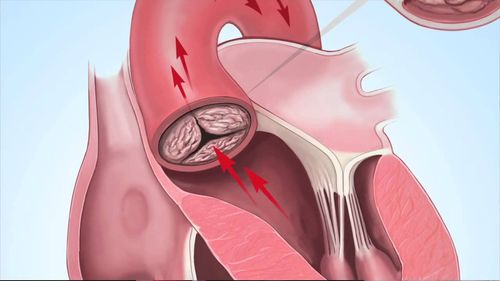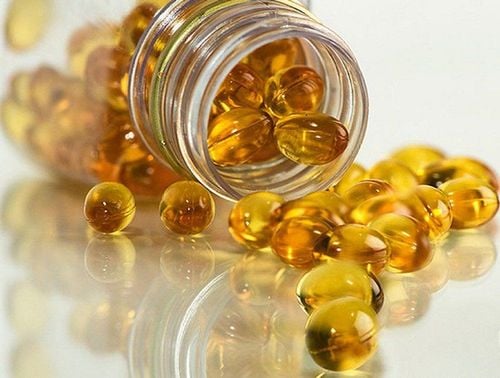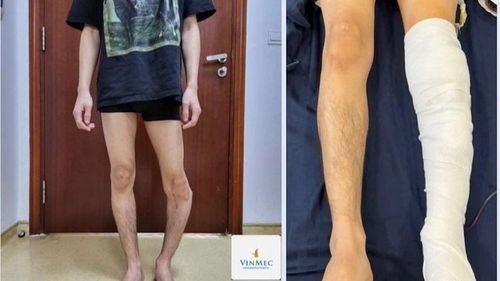Nội dung bạn đang tìm kiếm không có phiên bản tiếng Việt.
Vui lòng chọn tiếp tục để xem nội dung tiếng Anh hoặc đi đến trang chủ Tiếng Việt.
Rất xin lỗi về sự bất tiện này.

Home
Tag Vitamin D
Articles in Vitamin D
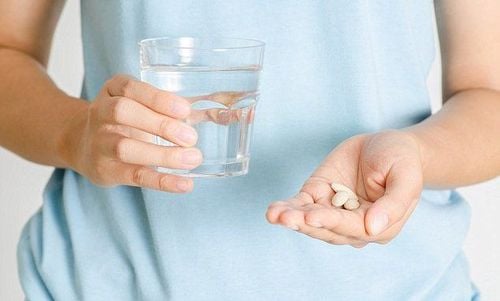
What is the best time to take Vitamin D? Morning or evening?
Vitamin D is very important, but it is found in a limited number of foods and can be difficult to get enough through the diet. Vitamin D is one of the most popular nutritional supplements. However, many factors can affect its effectiveness, including timing and daily dosage. So what is the best time to take vitamin D to maximize its absorption and effectiveness?
Xem thêm
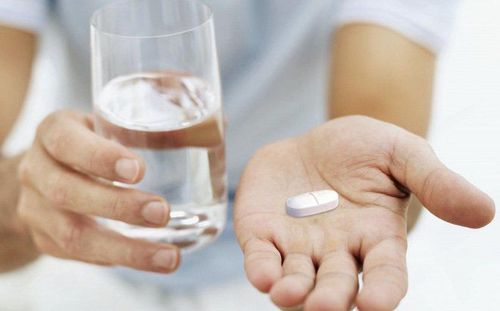
Why Should Calcium Not Be Taken in the Afternoon or Evening?
Calcium is an essential mineral for bone development. However, improper calcium supplementation can negatively impact health. It’s crucial to avoid taking excessive calcium in a single dose; instead, divide calcium intake throughout the day.
Xem thêm
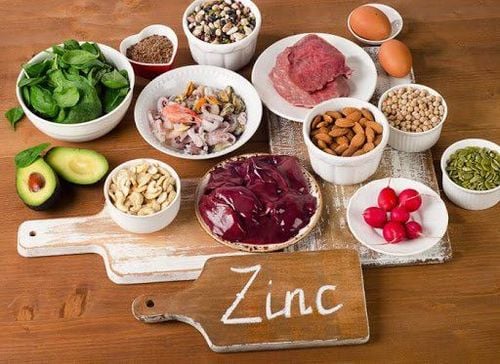
Top 10 foods high in zinc
Zinc is an essential mineral for health. It plays a role in many metabolic processes, supports the immune system, and helps the growth and repair of body tissues. Since the body does not store zinc, it is important to consume the required amount of zinc each day. Below are the 10 best foods that are high in zinc.
Xem thêm

16 Foods High in Niacin (Vitamin B3)
Niacin is also known as vitamin B3 (nicotinic acid), niacin is one of the 8 B vitamins. Like all B vitamins, niacin plays a role in converting carbohydrates into glucose, metabolizing fats and proteins and keeping the nerves system work well. Niacin also helps the body make hormones related to sex, stress and improves blood circulation and cholesterol levels. So which foods are high in niacin? This article will provide you with information about 16 common foods in daily meals that are high in niacin.
Xem thêm

How long does it take for calcium to be absorbed?
Calcium is an essential nutrient that the body needs to form and develop bones. However, it’s important to understand how to use this nutrient effectively for the best results.
Xem thêm

Symptoms of coconut and coconut oil allergy
Coconut and coconut oil allergies are relatively rare. This condition often occurs with symptoms such as nausea, vomiting, diarrhea, rash, or even anaphylaxis.
Xem thêm

Which vitamins should not be used for uterine fibroids?
Genetic studies have demonstrated that uterine fibroids are monoclonal tumors originating from uterine smooth muscle stem cells, which undergo specific molecular changes, transforming into tumor-initiating stem cells that proliferate and differentiate under the influence of steroid hormones. There has been growing interest in the role of micronutrients, including vitamins, in the treatment of uterine fibroids. This article will delve further into this topic.
Xem thêm

What are the benefits of eating eel
Eel is classified as a food that provides many nutrients that are beneficial to health. In Oriental medicine, eel plays many roles in improving the condition of the body's natural defenses, eliminating wind and dampness... This article will provide more information about the function of eel in treating diseases.
Xem thêm

How long after birth can newborn babies sunbathe?
Sunbathing helps newborns absorb sunlight, produce enough vitamin D for the body, reduce rickets, and treat neonatal jaundice. 7 to 10 days after birth is the ideal time for mothers to gradually introduce their babies to sunlight.
Xem thêm

What time should a newborn sunbathe?
In addition to tips for properly sunbathing newborns, many parents wonder about the appropriate times for sunbathing newborns. It is generally recommended to sunbathe babies before 9 a.m. and after 4 p.m.
Xem thêm

Baby gain height but not gain weight
During the development of children, height and weight are very important, the child's weight gain and height must be balanced. However, there are still many cases where children increase in height but do not gain weight, causing many parents to worry. Therefore, to better understand the above issue, please refer to the article below.
Xem thêm





